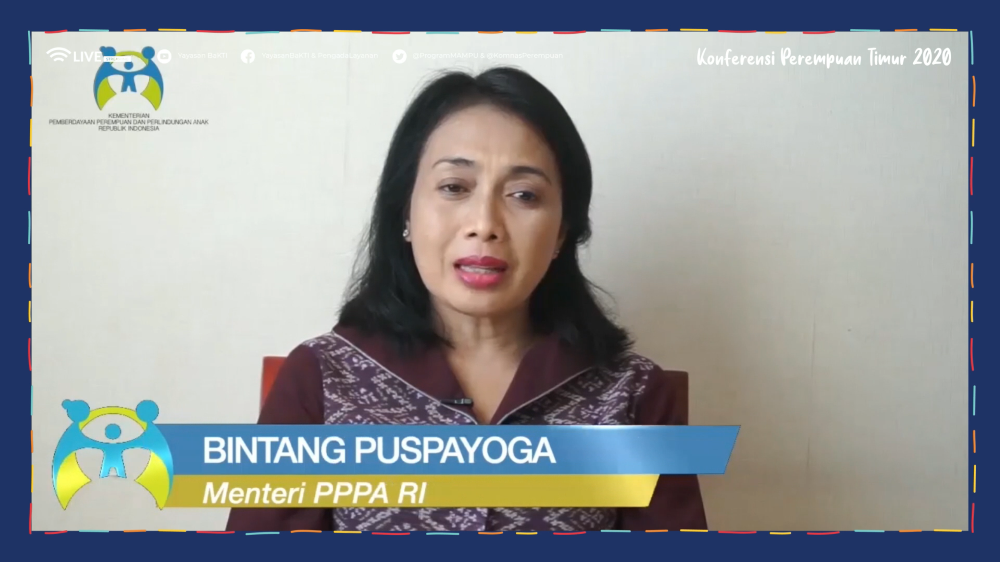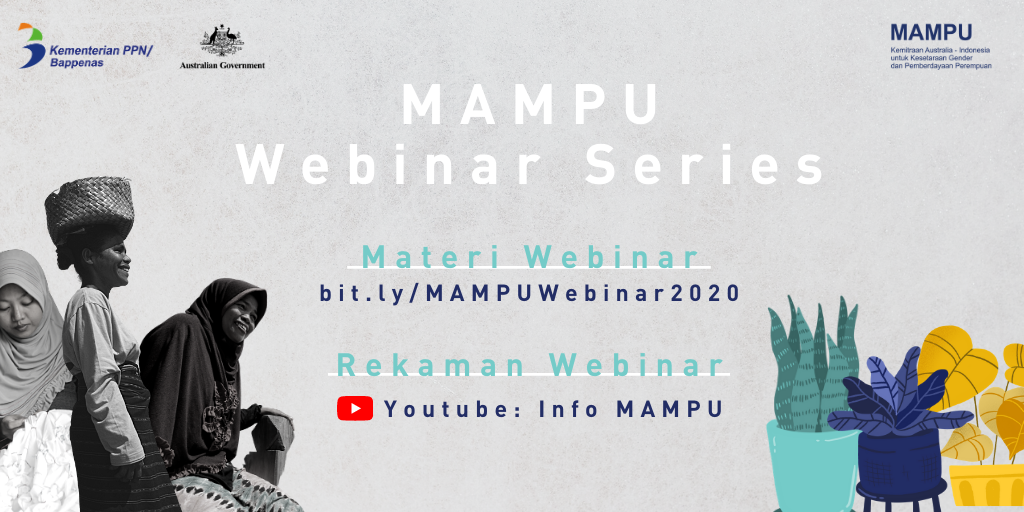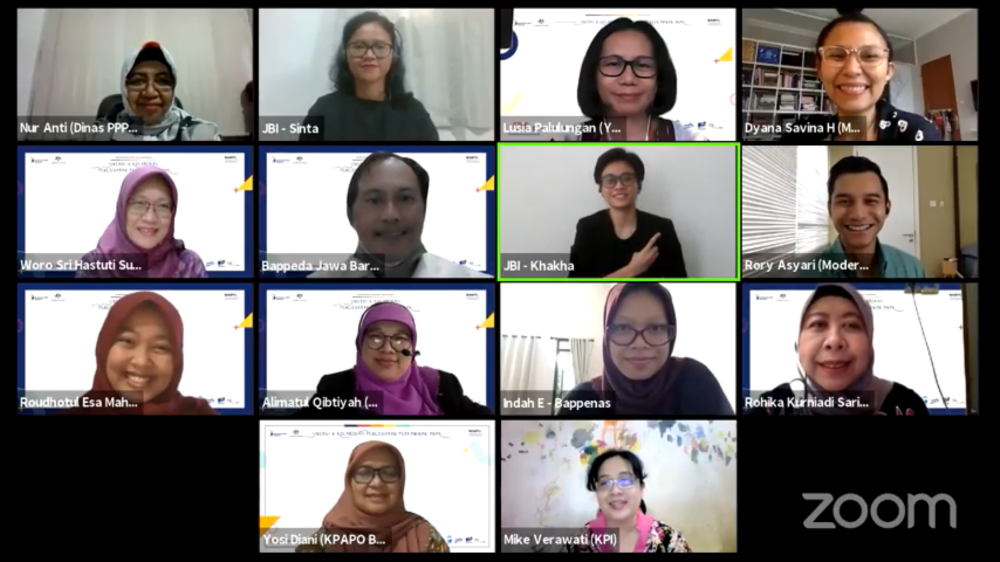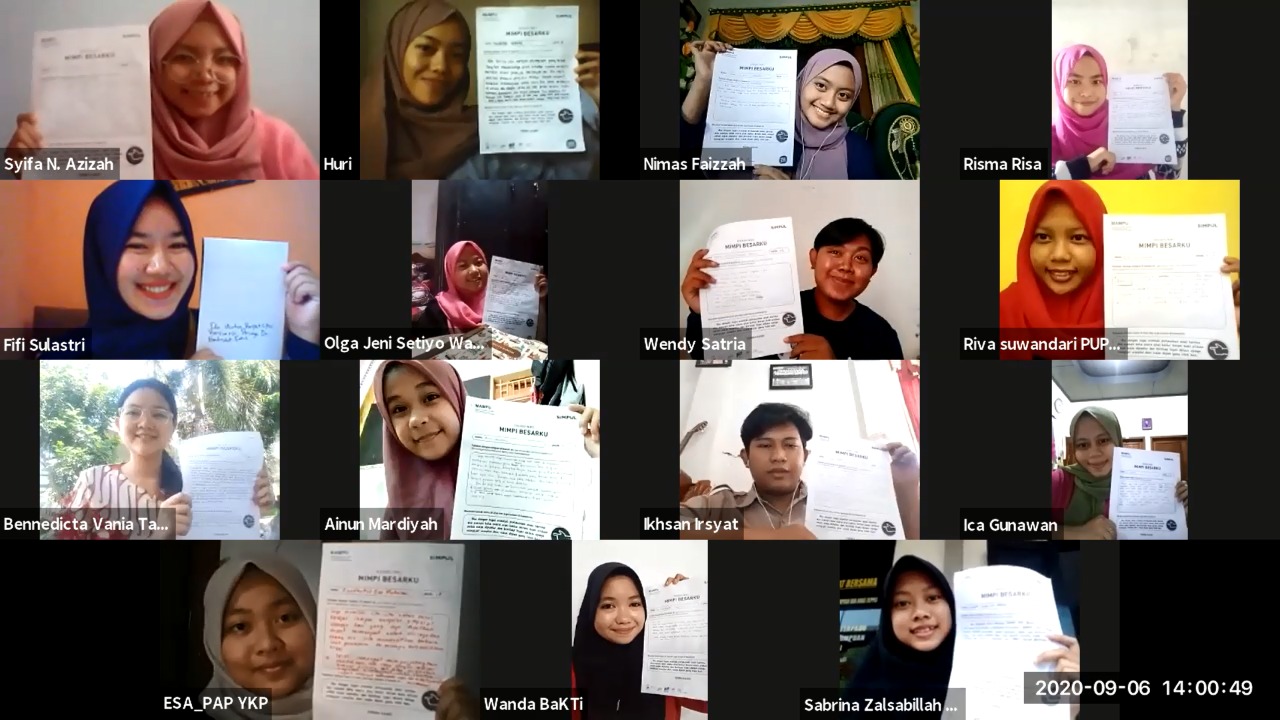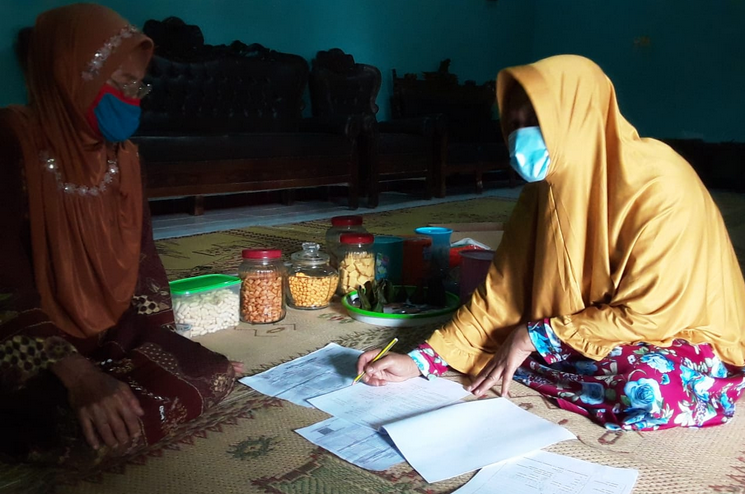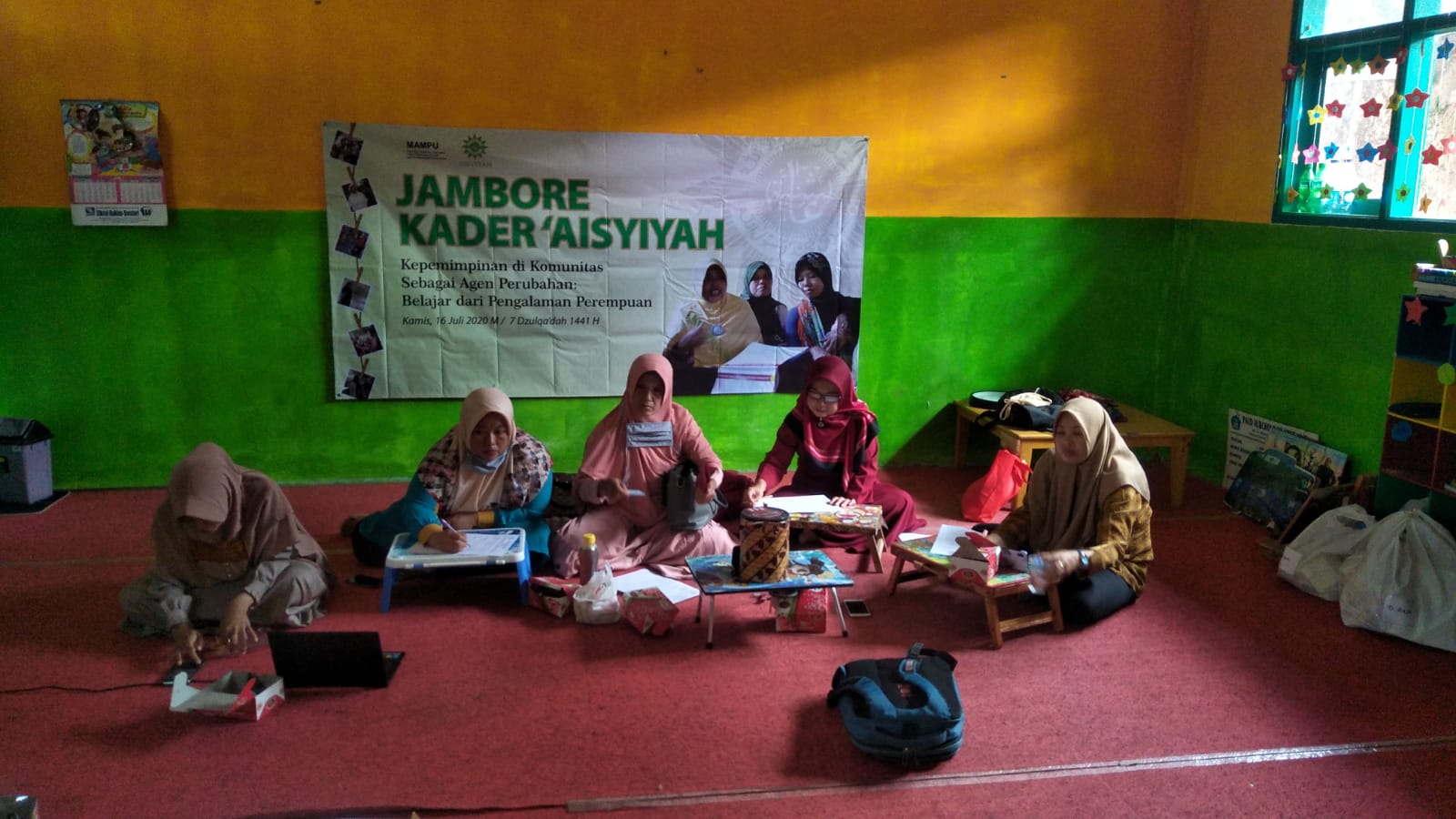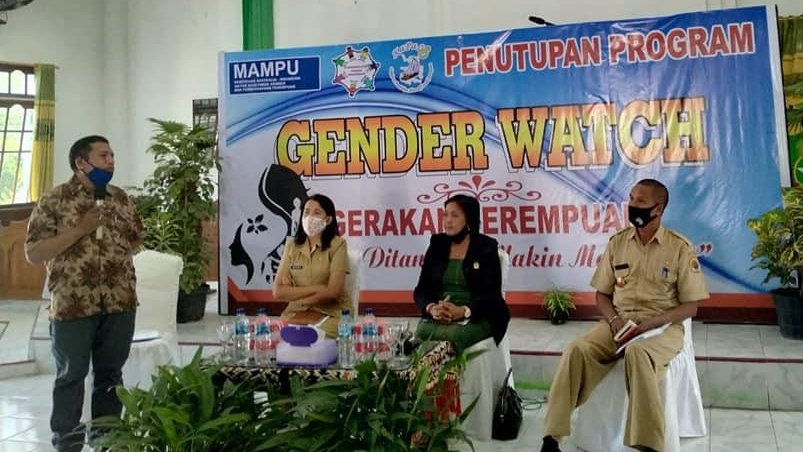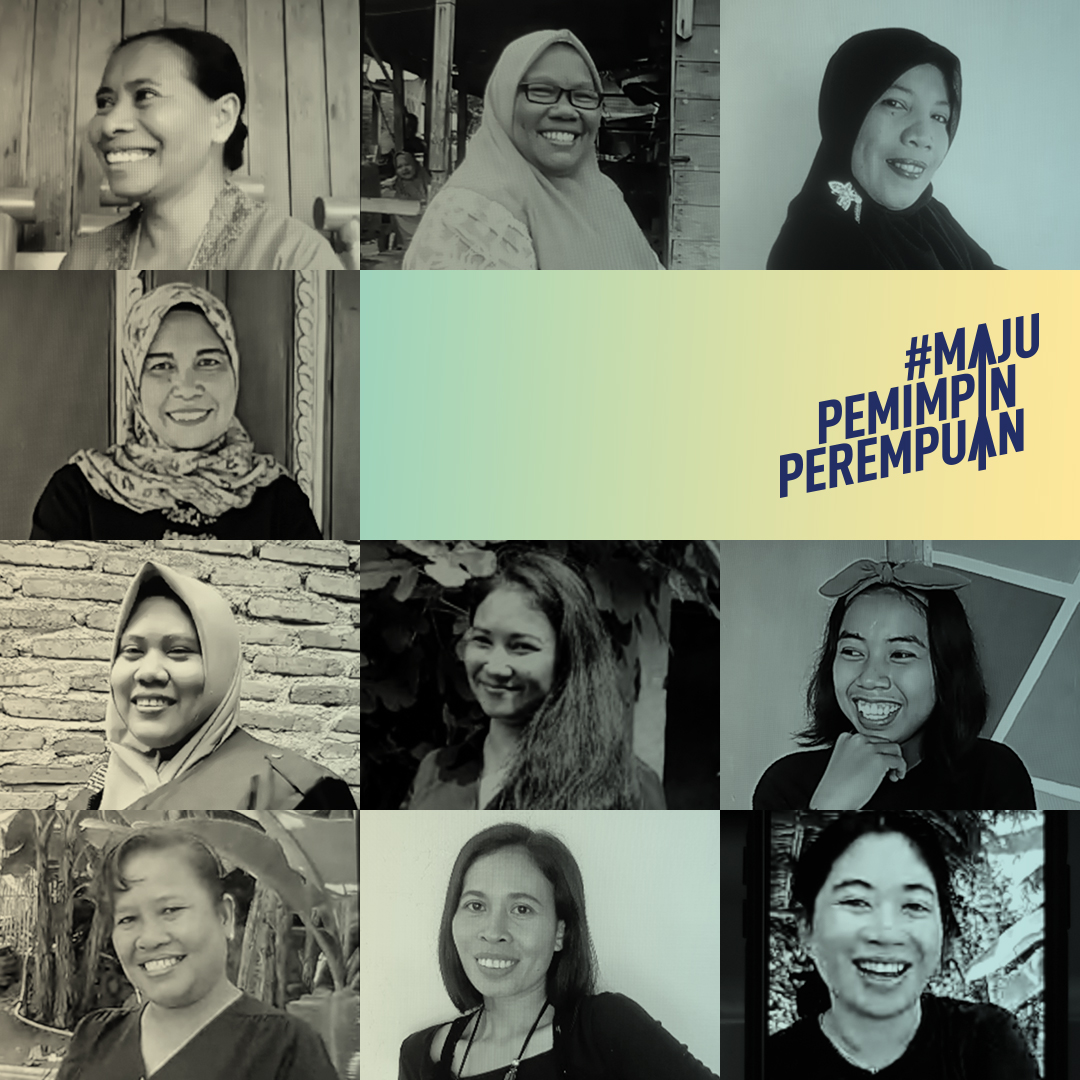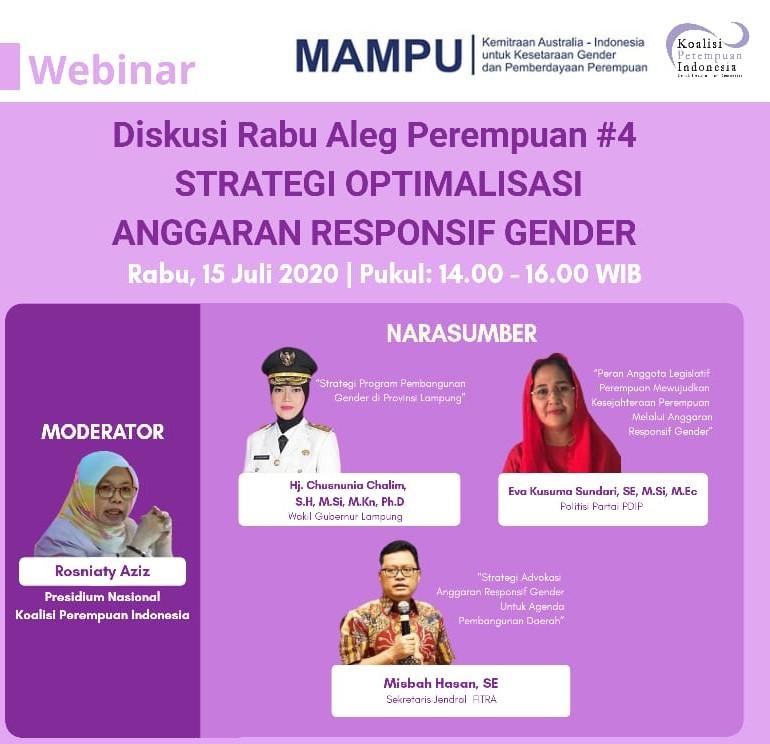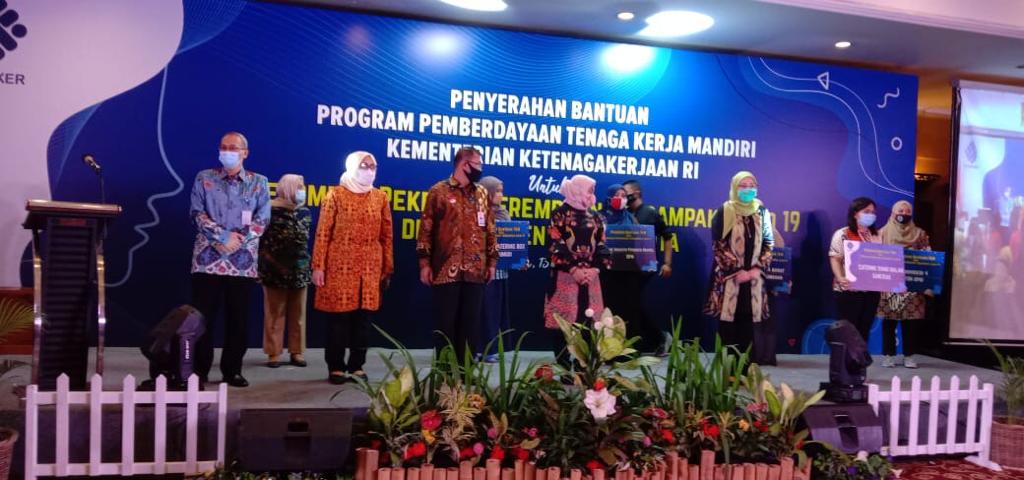Event
Migrant CARE, Government, and Universities Join Forces in the Expansion of DESBUMI
12 September 2016Author: admin
On 9 September 2016, Migrant CARE supported by MAMPU program, held a MoU signing ceremony for the expansion of the Migrant Workers Village (DESBUMI). Located in Cawang, South Jakarta, Migrant CARE did a MoU signing with some universities, such as: LPPM Soedirman University – Purwokerto, International Relations Department, Parahyangan University – Bandung and the Faculty of Law, University Trunojoyo – Madura, East Java. Migrant CARE also signed the MoU with the government five villages: the Wonoasri Village, Sabrang village and Dempok Dukuh village of Jember Regency – East Java, Nyuat Junti village in Indramayu and Tegal Padi village in Karawang, West Java.
The MoU signing aimed to expand the initiative and form DESBUMI in migrant workers villages. The initiative is for strengthening efforts to prevent the human trafficking practice more systematically.
DESBUMI initiative started in late 2013 which involving the village to be actively involved in giving assistance and protection to Indonesian migrant workers. This initiative is a proactive step to strengthen the village role through Law No. 6 year 2014 concerning the village. Until now, DESBUMI has been formed in 36 villages in four provinces which are migrant workers basis, such as; Central Java, East Java, West Nusa Tenggara and East Nusa Tenggara.
In her speech, Executive Director of Migrant Care, Anis Hidayah mentioned about the support from Ministry of Manpower during the inauguration DESBUMI in Lembata, East Nusa Tenggara. The minister said that the initiative need to be expanded into 50 regencies which become the basis of migrant workers throughout Indonesia.
While Chrisma Albandjar, representatives of the Presidential Staff Office, explained in her speech about Government’s plan abuot Indonesia Migrant Workers. “It’s time for migrant workers to be the subject, not the objects anymore. And working abroad become a choice of the people, not because of necessity due to poverty or other factors. In addition, it is expected that the Indonesian workers abroad are skilled workers, instead of domestic workers.”
Currently, the government is on reviewing regulations and doing research about departure cost of migrant workers. The government also conducts coordination and cooperation with relevant ministries and institutions to:
- Empower families and children of migrant workers to be educated,
- Increased protection and response of migrant workers by Indonesian representatives abroad,
- Simplify the procedures for migrant workers to send money to their homeland,
- Give training on financial management for the financial literacy of migrant workers (in cooperation with Bank Indonesia and the Financial Services Authority)
- Empowerment and distribution of products made by former migrant workers (in cooperation with the Indonesian association of retailers).
- Synergies related to policy infrastructure, human resources and deregulation.
- Achieve policy coordination of the government program.
Dr. Tyas Retno Wulan, Chairman of LPPM UnSoed Purwokerto mentioned about academics and university contributions to migrant workers. Dr. Tyas and Center of Gender and Children Studies have done several research about migrant workers since 2008. They also conducted training for the village as a base of safe migration. To that end, Dr. Tyas welcomed Migrant CARE’s efforts to strengthen and empower migrant workers through this MoU. “The LPPM will hold a thematic learning programs that engage students in data collection and mapping of potential migrant workers in the migrant workers villages,” said Dr. Tyas.
While Sylvia Yazid, Head of International Relations Department, Parahyangan University (HI Unpar), said that the study related to migrant workers is quite a lot, but not yet integrated and lead to improved policies. Therefore, HI Unpar plans to integrate the study, and also organised an internship program for HI Unpar students in village government offices, and conduct research and training related production and marketing of migrant workers economic activities.
Sugeng Priadi, the Wonoasri Village Head of Jember regency, expressed the need for support from central government in the local regulations drafting in favor of increasing rural prosperity and development of human resources and rural infrastructure.




